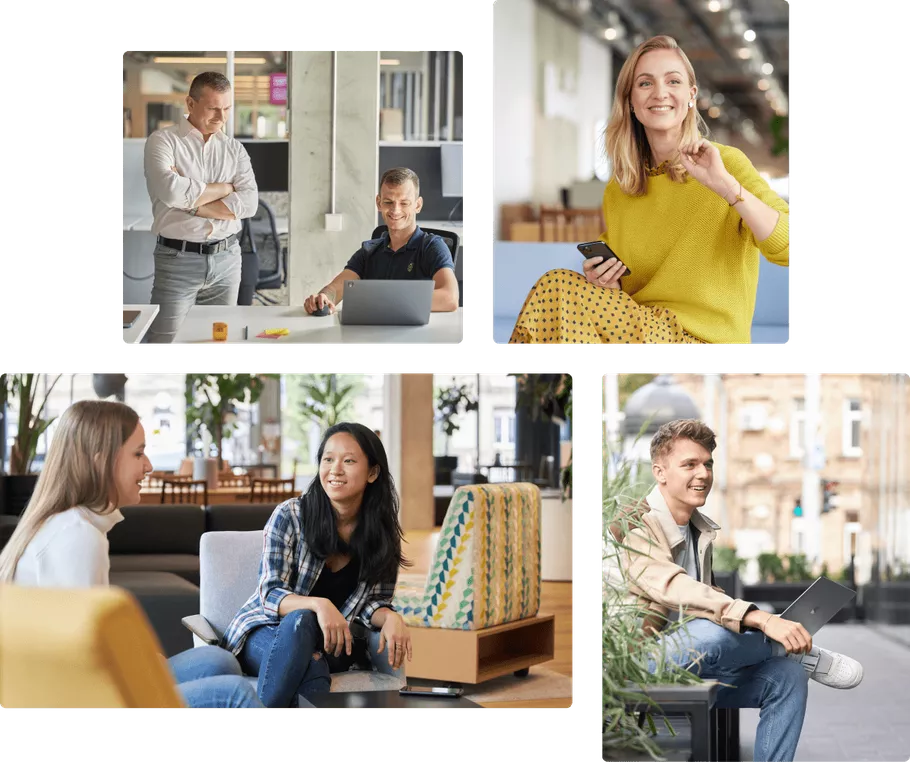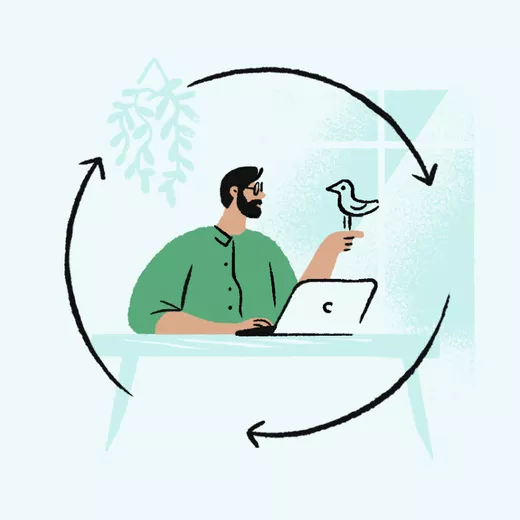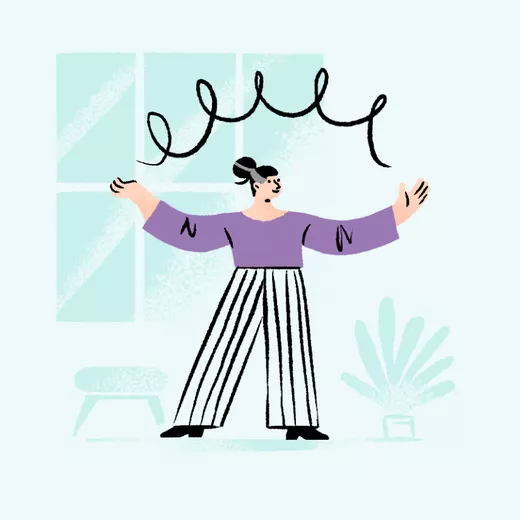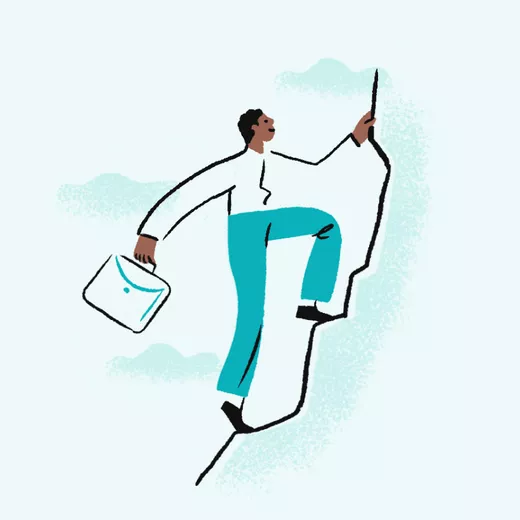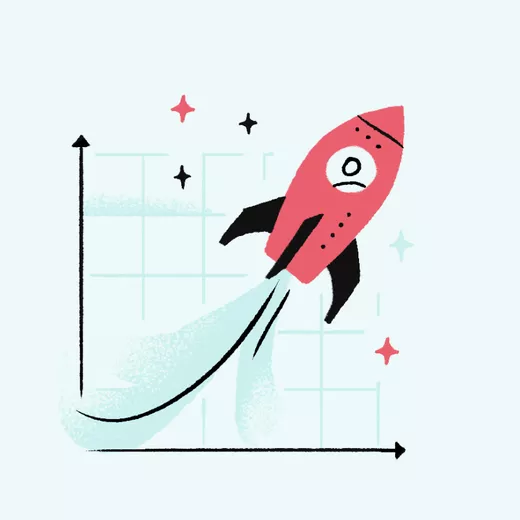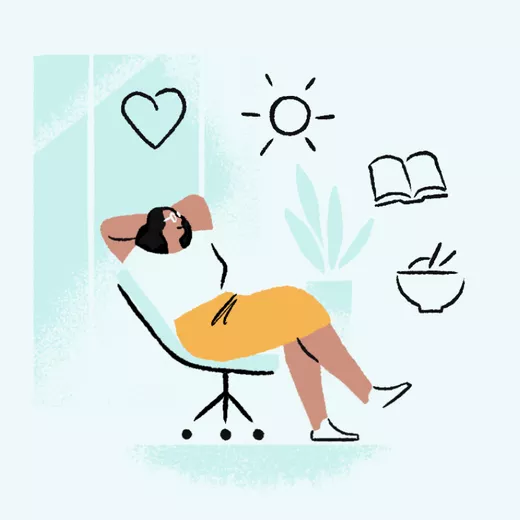Join Vinted to

People & Culture
We couldn't give you a description of a perfect candidate - we don't have one. Vinted builds products for everyone, so it only makes sense that the people who build them should come from a variety of backgrounds, too. And while we're a diverse bunch, our culture unites us: we aim high, take ownership, co-create, care and grow. Together.

Future Careers
New to your field and trying to get a foot in the door? It doesn’t matter whether you’re a student, freshly graduated, or a mid-life career changer; our entry-level programmes are designed to provide you with all the support you need to get your career at Vinted off to a flying start.
Life inside Vinted
